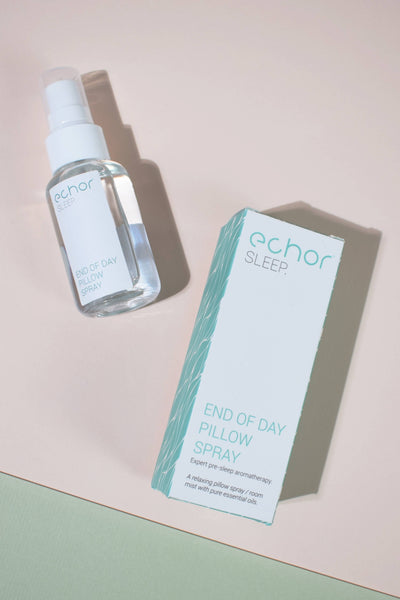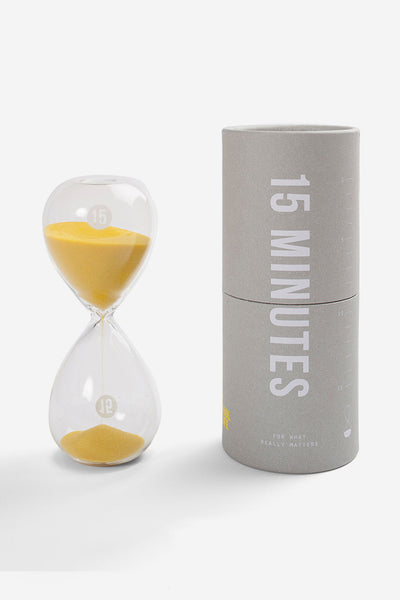6 bad sleeping habits you NEED to break
If you're struggling to sleep well at night, it could be to do with multiple lifestyle choices you make. A lot of the habits on this list are so normalised we don't realise that they're affecting our sleep!
Using your bedroom as a multipurpose room
Your bedroom should be for sleep and sex only. If you do anything else, like watch TV, work, or even play games, your sleep will be disrupted. This is because your brain will start to associate these stimulating activities with your bedroom, rather than settling down and relaxing when you enter.
Staying active until you get into bed
We all lead busy lives, so it's tempting to just fall into bed the moment you walk through the door but doing this doesn't give our bodies time to relax. Adding a sleep routine that involves reading, listening to calming music or taking a warm bath can help you get ready to catch some Zzzs.
Our favourite way to wind down is with a pillow spray or sleep candle. The Echor Deep Sleep Pillow Spray uses scent to make our brains associate it with sleeping. When you smell our blend of lavender, geranium, eucalyptus, and sweet orange, you're bound to drift off!
Have you ever heard of touch point pressure? This is what a weighted blanket provides which you can learn more about here.
If you're not huge on spritzing your pillow, a candle for relaxation does the same job - just make sure to blow it out before you sleep! Our End of Day Candle contains ylang ylang, lavender, geranium, and sweet orange which have been shown to reduce stress hormones and lower blood pressure.
Eating a big meal close to bedtime
If your body is focused on digesting a large meal, being able to relax and fall asleep is going to get difficult. On top of this, lying down while digesting food can cause stomach issues.
Eat dinner at least 2 to 3 hours before bed and if you are hungry, have light, sleep-promoting snacks like cherries, bananas, or almonds.
Using your phone before bed
Sure, it might be tempting to do a quick 10 minutes of scrolling before you drift off, but the blue light that comes from the screens mimics the effect of sunlight. Blue light inhibits melatonin production and our ability to sleep - making it a lot harder to fall asleep and stay asleep. Not to mention, the content we consume can trigger anxiety, increasing cortisol (the stress hormone) - not ideal for nighttime!
Having caffeine too late in the day
There's nothing wrong with having caffeine in the morning as a quick pick-me-up, but make sure you're having it no less than 10 hours before you go to bed. Caffeine stays in your system for a while and can make it harder to fall asleep, stay asleep, and you could wake up feeling groggy!
Napping for too long
Naps are great, but they have to be timed properly. Having a short nap that lasts around 20 minutes or less won't disrupt your sleep at night, however, any longer and you're risking lying there awake at night. Taking naps longer than 30 minutes will make you feel groggy and confused, and napping after 4 pm is a no-no!









